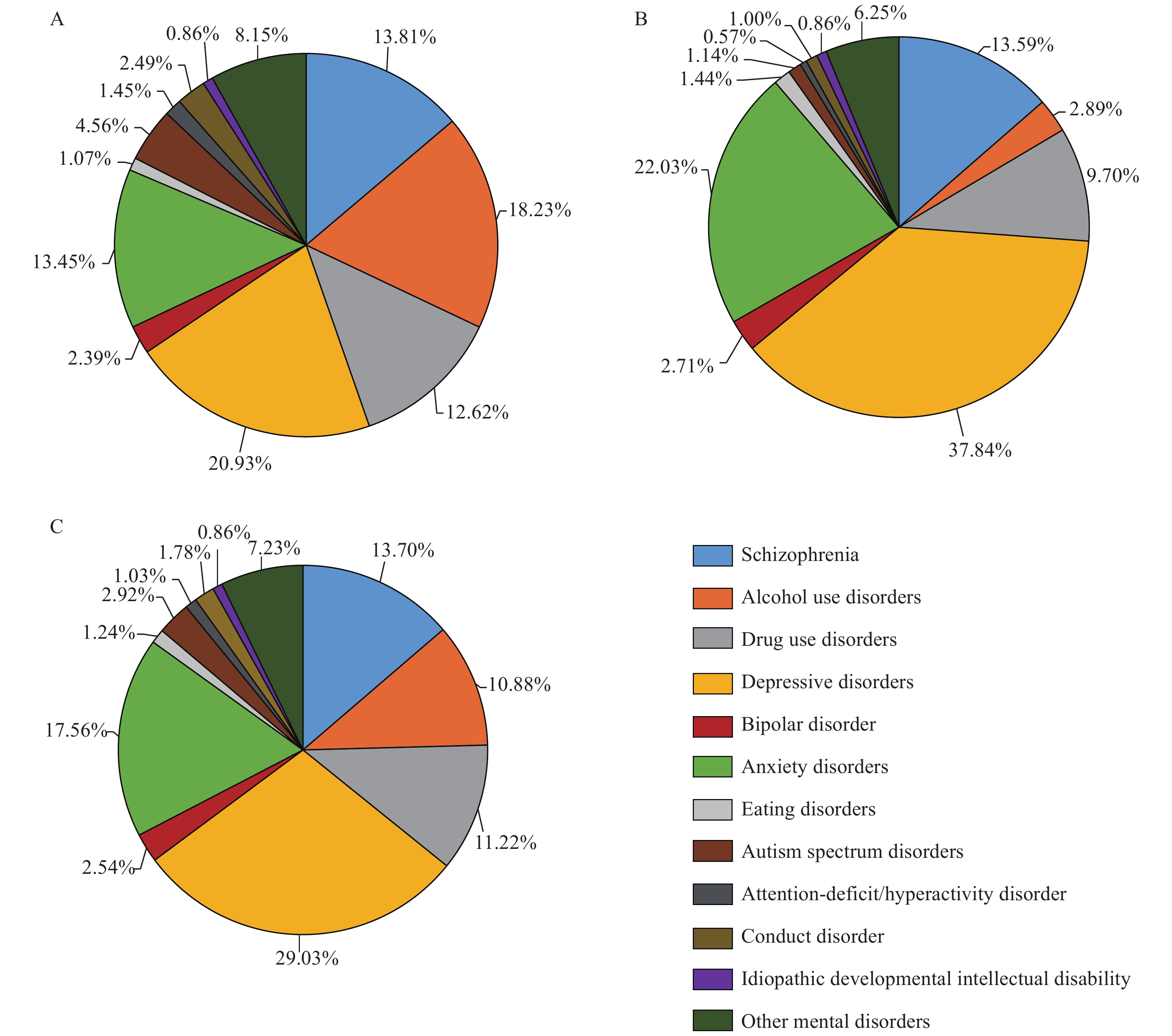2020 Vol. 2, No. 41
What is already known on this topic?
The public was at elevated risk of mental health illnesses during the coronavirus disease 2019 (COVID-19) pandemic, so accessibility to psychological knowledge and interventions is vital to promptly respond to mental health crises.
What is added by this report?
During the pandemic period, 40,724 (71.9%) participants reportedly had access to psychological knowledge, and 36,546 (64.5%) participants had accessed information on psychological interventions. Participants who were male, unmarried, living alone, divorced or widowed, or infected with COVID-19 were less likely to access psychological knowledge and intervention.
What are the implications for public health practice?
Governments should pay more attention to formulate policies, popularize psychological education, and provide mental health services online or in the community.
What is already known about this topic?
Mental and substance use disorders have notable contributions to the disease burden in China.
What is added by this report?
In China, mental disorders and substance use disorders accounted for 20.29 million and 5.76 million disability-adjusted life years (DALYs) in 2019, respectively; depressive disorders were the leading cause of DALYs. For mental disorders, the numbers of DALYs increased 12.06% from 2000 to 2019 while the standardized rates declined 5.24%; for substance use disorders, both the numbers and standardized rates of DALYs decreased 8.52% and 18.52%, respectively.
What are the implications for public health practices?
Mental and substance use disorders pose a challenge to the healthcare system in China. The government should take action and decrease the associated burden of disease.



 Subscribe for E-mail Alerts
Subscribe for E-mail Alerts CCDC Weekly RSS Feed
CCDC Weekly RSS Feed